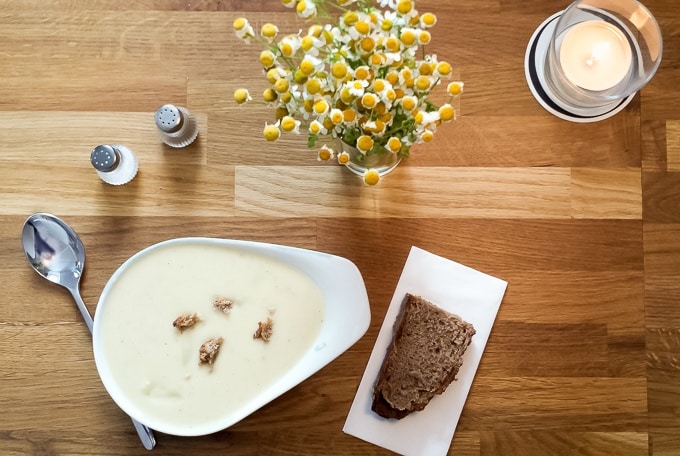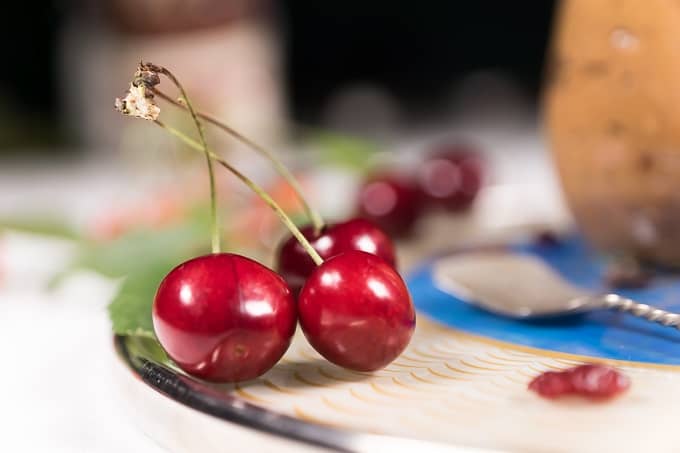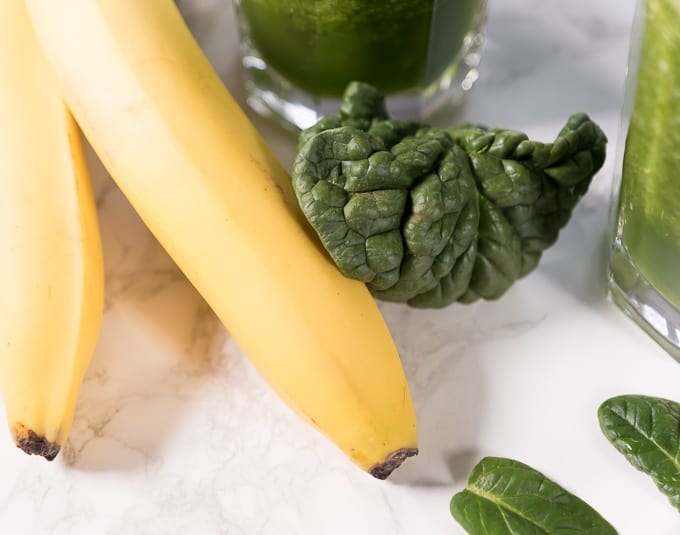
Have you ever eaten a meal mindfully? I mean, really mindfully, and not just in silence, without watching TV, listening to the radio or talking to anyone. Mindful eating in the widest sense means directing one's thoughts as much as possible to the present moment and the beautiful meal itself. It means, for example, to consciously perceive the fragrance and the taste of the food, to value every bite and to chew for a long time. Anyone who has ever eaten mindfully knows how enriching this experience can be. You can taste your food more consciously and deeply, all the many flavor nuances. In short: You’ll enjoy the meal more.
If you've tried it you will also know that mindful eating is more difficult than it seems. It’s something that needs practice because we are not used to eating this way. That's where the tips of Tanja Schättler, an experienced mindfulness teacher, come in handy. A big thank you to Tanja for sharing her knowledge with us.
| By Tanja Schättler |
Transformation
Some years ago, I sat at a long table in a yoga retreat and enjoyed the beautiful view over the Austrian Alps from the dining room. My eyes gratefully wandered to the table which was filled with plates full of colorful vegetables and organic delights.
Before we started to eat, Hildegard Biller, founder of the SOAMI center, announced that we would practice mindful eating. She recommended to take a mouthful of vegetables, carbohydrates, proteins, and salads — but not completely fill our mouth — and then drop the cutlery. The aim was to purely focus on the food and not swallow before having chewed it for 35 to 50 times!
This practice would help us to feel more present, to connect with our bodies and to increase our level of energy. From a physiological perspective, more saliva will be produced so that acidic food can be alkalized more easily, which leads to better digestion and improved nutrient absorption.
I looked at the puzzled faces of the other participants and started to realize that this was not a wellness vacation. Obviously, the goal of the retreat was to initiate a transformation. I decided to accept the challenge. Since then, I have integrated mindful eating in my daily life — it is a never-ending journey and there are always new aspects to discover.
Practice
Before starting to eat, I remind myself to sit upright, lengthen my spine and ensure my legs are not crossed. Then I take some deep breaths and check if I am really hungry or maybe just tired and need a break.
In case you grow your own vegetables, you know how much effort that involves. After having planted the seeds, they need the right conditions and time to grow. The same appreciation I give home-grown vegetables I give to everyone involved in producing and preparing my meals. Chopping vegetables as well as to creatively experiment with spices and whatever ingredients I have at home is also a mindfulness practice for me.
When I eat I use all my senses: I have a look at the variety and the colors, I smell the various scents and I feel the different textures in my mouth. Not to forget the taste I experience while curiously trying different combinations.
Because I tend to eat too fast, I put away my cutlery and chew until really everything is really chewed up. This trick helps me to only to take the next bite after I swallowed. I also use my meal as a focus object. Whenever other thoughts are coming up I notice them, let them go, and come back to eating.
After the meal, I find it important not to throw leftovers away but reuse them the next day in another meal. I am also an enthusiastic food saver in the non-profit Food Sharing, organization. I save surplus food from retailers that would otherwise be thrown away and distribute them to public shelves or people who use them up.
Mindful Eating in a Nutshell
- Appreciate the people who produced and prepared your food
- View the variety and the colors
- Smell different scents and herbs
- Feel the textures in your mouth
- Taste your food - try different combinations - be curious
- Put away your cutlery — chew until everything is chewed up — and only then take the next bite
- Use your meal as a focus object — notice your thoughts — come back to eating
Experience it yourself and enjoy your meals using mindful eating!







Corinna says
"Appreciate the people who produced and prepared your food" - agree! How often do we forget that the food does not "grow" in the store... How often do I feel like food should cost more in Germany, for consumers to appreciate it even more!
Ramona says
Hi Corinna,
I totally agree. Groceries in Germany range among the lowest-cost in the world according to many studies. Of course these cheap food prices in Germany come at a cost, it's the environment and the society who pay the true cost. I hope the awareness for good food quality and the real price of it will grow bigger in the future. Appreciation is a key element in this.
Cheers,
Ramona